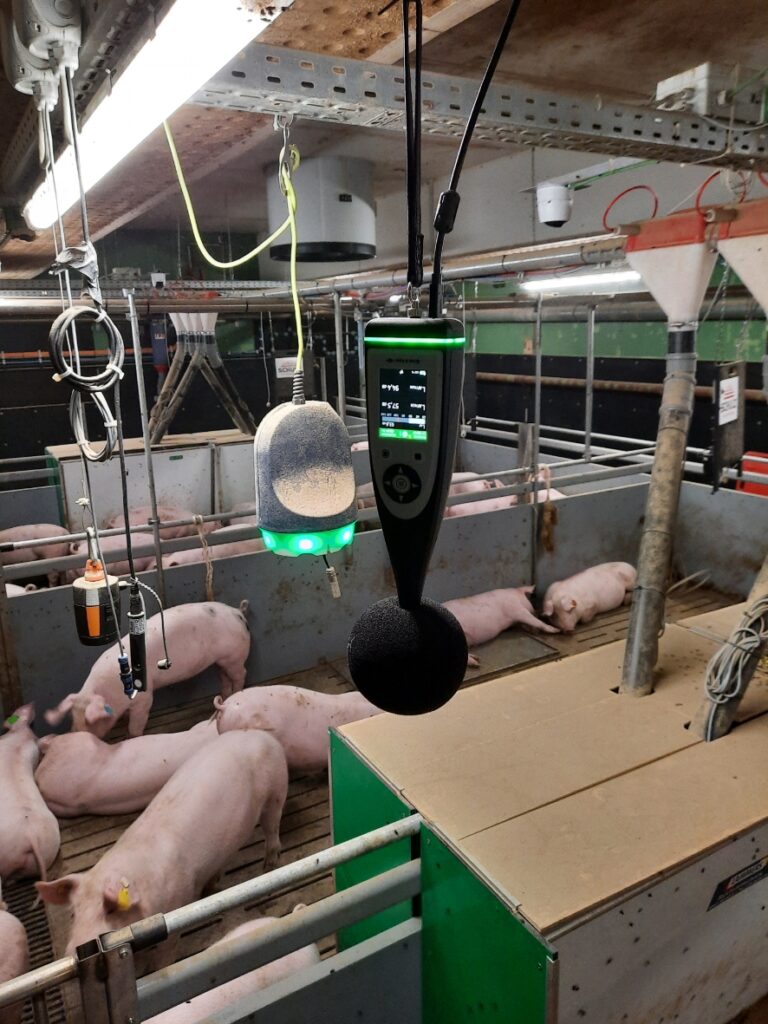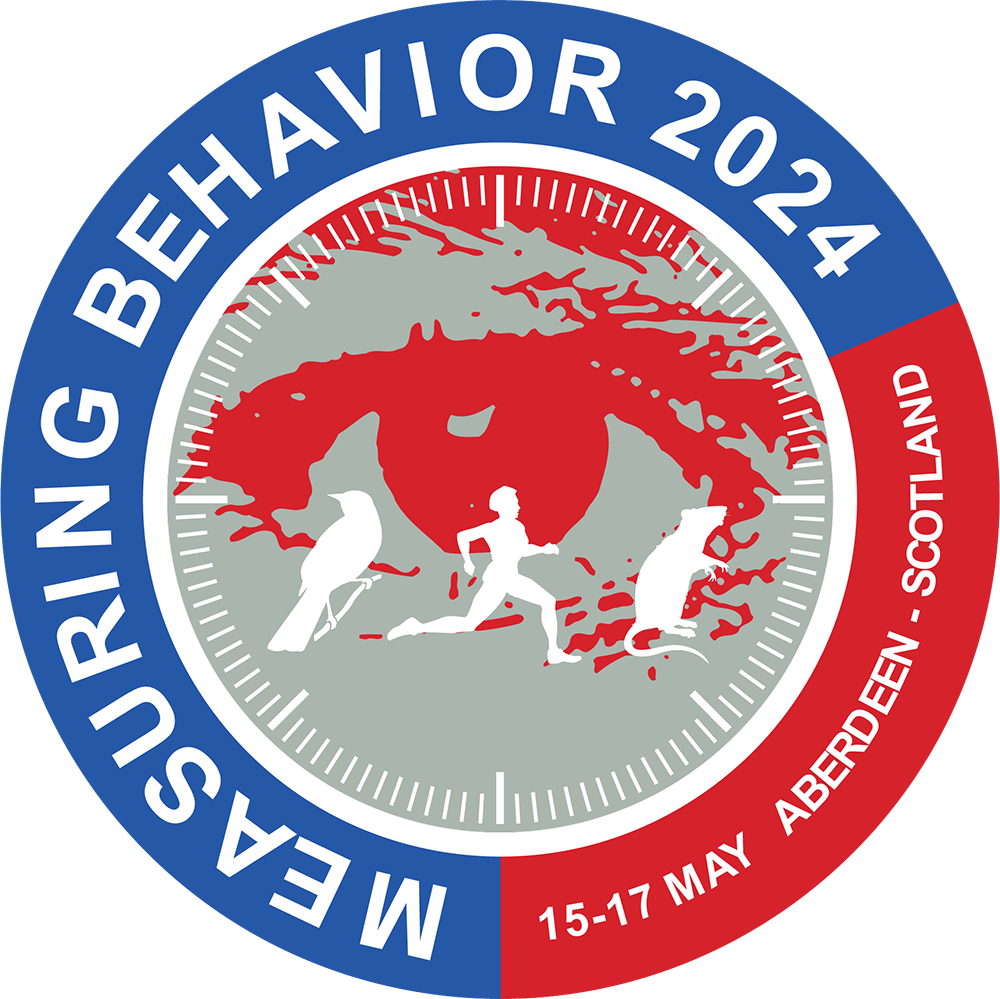Organisers: Joanna Stachowicz and Christina Umstätter (Thünen Institute of Agricultural Technology, Braunschweig, Germany)
Schedule: Wednesday 15th May, Meeting Room 5, 10:00 – 10:40
Description:
Digital technologies are seen as a promising solution to monitor animal behaviour and health parameters and therefore improve animal welfare in livestock farming. They facilitate the automation of working processes and aid decision-making. Due to the expected benefits, the development of digital technologies is constantly progressing. However, despite extensive research into the development and validation of digital technologies, comparatively few approaches have been commercialised and even fewer have been adopted on farms. There are a number of possible contributing factors, such as market introduction of immature products due to low external validity, utilization of measuring approaches which are not appropriate for the task, lack of robustness and durability. Potential consequences include technical malfunctions, inaccurate monitoring or unreliable alerts, which could ultimately hinder the intended improvements or even exacerbate the initial state. To ensure functioning of technologies in a highly heterogenous and rough farming environment, an independent certification process for commercial products would be very useful for farmers to make an informed choice.
The aim of this interactive workshop is to develop a concept that ensures sufficient proof of practice for digital technologies. Particularly, we aim for an interdisciplinary exchange with experts from other fields where technology certification is either also absent or already required for market introduction. The workshop will start with short impulse talks, followed by a brief discussion. Subsequently, the participants will be split into smaller discussion groups and tasked with identifying discrepancies between the testing and real-life conditions during development and validation. Further, possible pathways of establishing quality guidelines for technological performance, but also for the transparency of the validation process, will be explored. The results of each group will be presented and the workshop will be concluded with a general discussion involving all participants.

 Measuring Behavior
Measuring Behavior